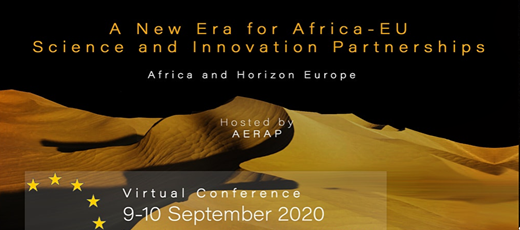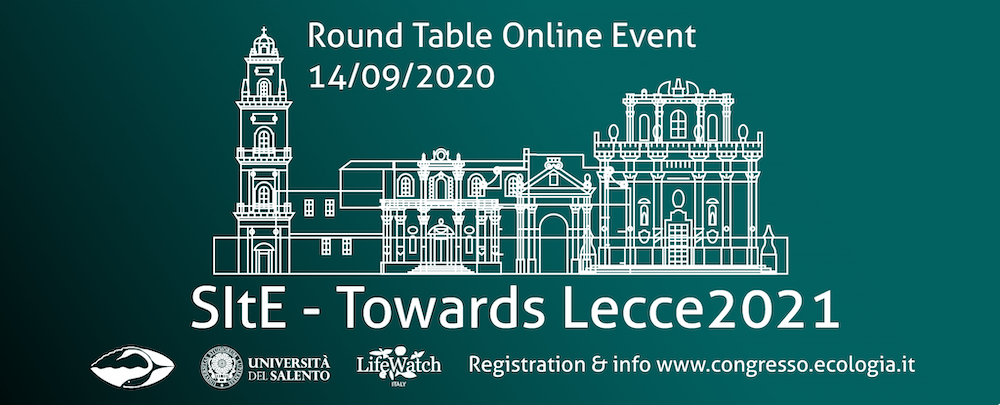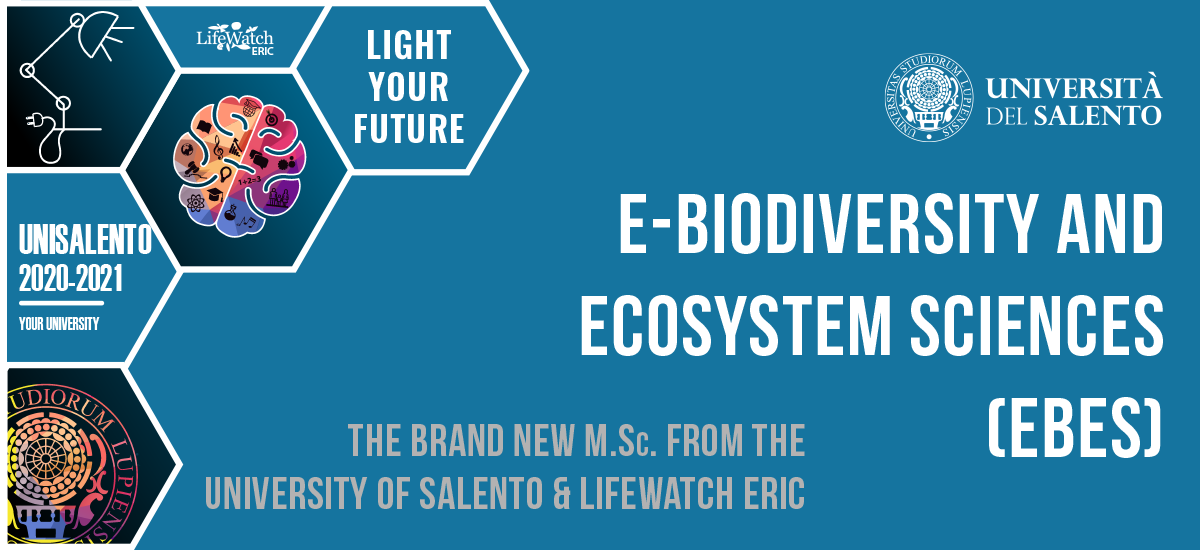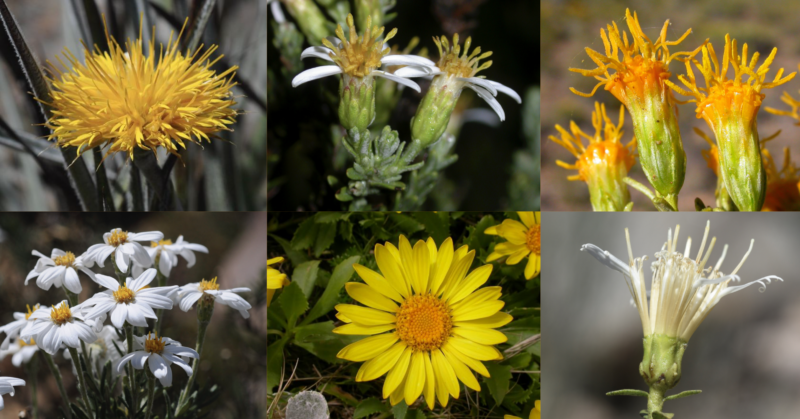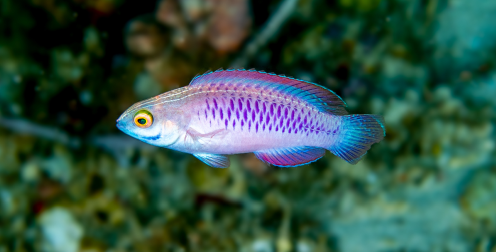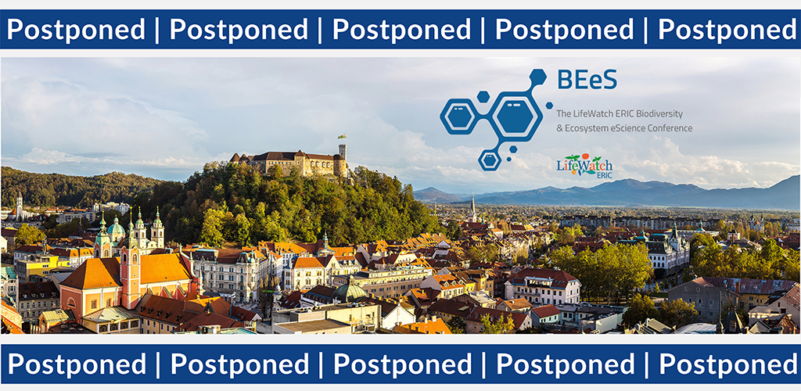The Africa European Radio Astronomy Platform (AERAP) held a virtual conference on 9-10 September 2020, entitled “A New Era for Africa-EU Science and Innovation Partnerships”. Scientists, innovators, network policymakers and other stakeholders came together to advance the cause of Africa Horizon Europe Development and Cooperation. Since its foundation in 2012, the AERAP platform has widened its scope beyond radio astronomy sciences to serve as an engagement platform for broader Africa-EU science collaboration, one of its main results being ontgoing EU-AFRICA cooperation and the establishment of the SKA (Square Kilometre Array) Research Infrastructure https://www.skatelescope.org/.
LifeWatch ERIC was represented by its Chief Technology Officer, Juan Miguel González-Aranda, who made two presentations to help reinforce the infrastructure’s collaboration with African communities of practice on Biodiversity & Ecosystem Research. The presentations emphasised not only the nature and potential of LifeWatch ERIC, but also the active roles of the co-chairs of the EU-AFRICA AERAP Working Group on Green Deal, Transition & Energy Access: González-Aranda on behalf of the European Union side, by representing the ENVRI cluster on Research Infrastructures as also Member of the ERIC FORUM Executive Board; and Georgina Ryan, Department of Science and Innovation, Pretoria, representing the Government of the Republic of South Africa on behalf of the African Union.
